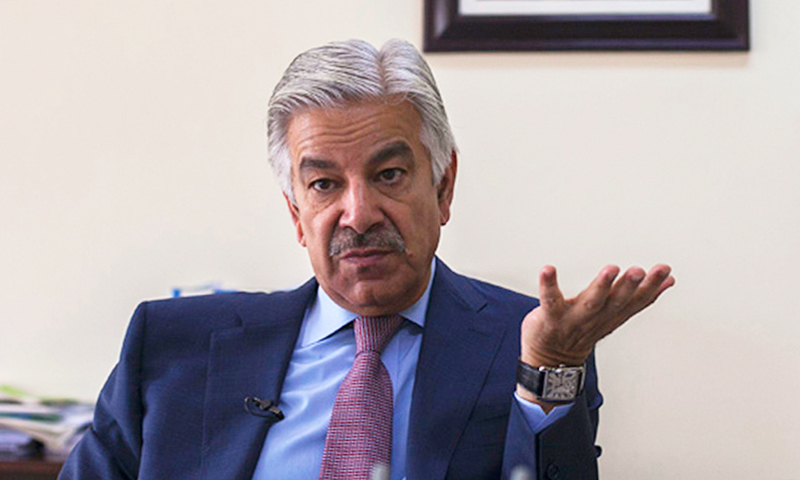Stalled Dialogue: Taliban’s Reluctance Raises Security Concerns for Pakistan
Pakistan’s efforts to secure its western border through diplomatic engagement with the Afghan Taliban have hit a roadblock. Defence Minister Khawaja Asif recently disclosed that the Taliban leadership is unwilling to offer any formal guarantees to curb cross-border terrorism.
This revelation comes amid rising tensions and security threats along the Pakistan-Afghanistan border. The Pakistani government has been pressing the Taliban to take concrete steps against militant groups, particularly the Tehrik-i-Taliban Pakistan (TTP), which has intensified attacks inside Pakistan since the Taliban’s takeover of Kabul.
According to Asif, the talks were aimed at establishing a framework for cooperation on border security and counterterrorism. However, the Taliban’s refusal to commit to actionable guarantees has left Pakistan with limited options. “They are not ready to give any assurances,” Asif reportedly stated, highlighting the diplomatic impasse.
Pakistan has long maintained that peace in Afghanistan is essential for regional stability. But the resurgence of militant activity and the Taliban’s ambiguous stance on extremist groups have strained bilateral relations. The lack of progress in negotiations raises concerns about the effectiveness of Pakistan’s diplomatic outreach and the Taliban’s willingness to honor international expectations.
Security analysts warn that without a clear commitment from the Taliban, Pakistan may need to reconsider its border strategy and enhance its internal security measures. The situation also underscores the broader challenge of engaging with a regime that remains diplomatically isolated and ideologically rigid.
Asif’s comments reflect growing frustration within Pakistan’s leadership, which has repeatedly called on the Taliban to act against groups using Afghan soil to launch attacks. The stalled talks signal a critical juncture in Pakistan-Afghanistan relations, with implications for regional peace and counterterrorism efforts.
While dialogue remains the preferred path, Pakistan may now be forced to explore alternative strategies to safeguard its borders and citizens. The coming weeks will be crucial in determining whether the Taliban will shift their position—or if Pakistan must recalibrate its approach.



Comments (0)
No comments yet. Be the first to comment!
Leave a Comment